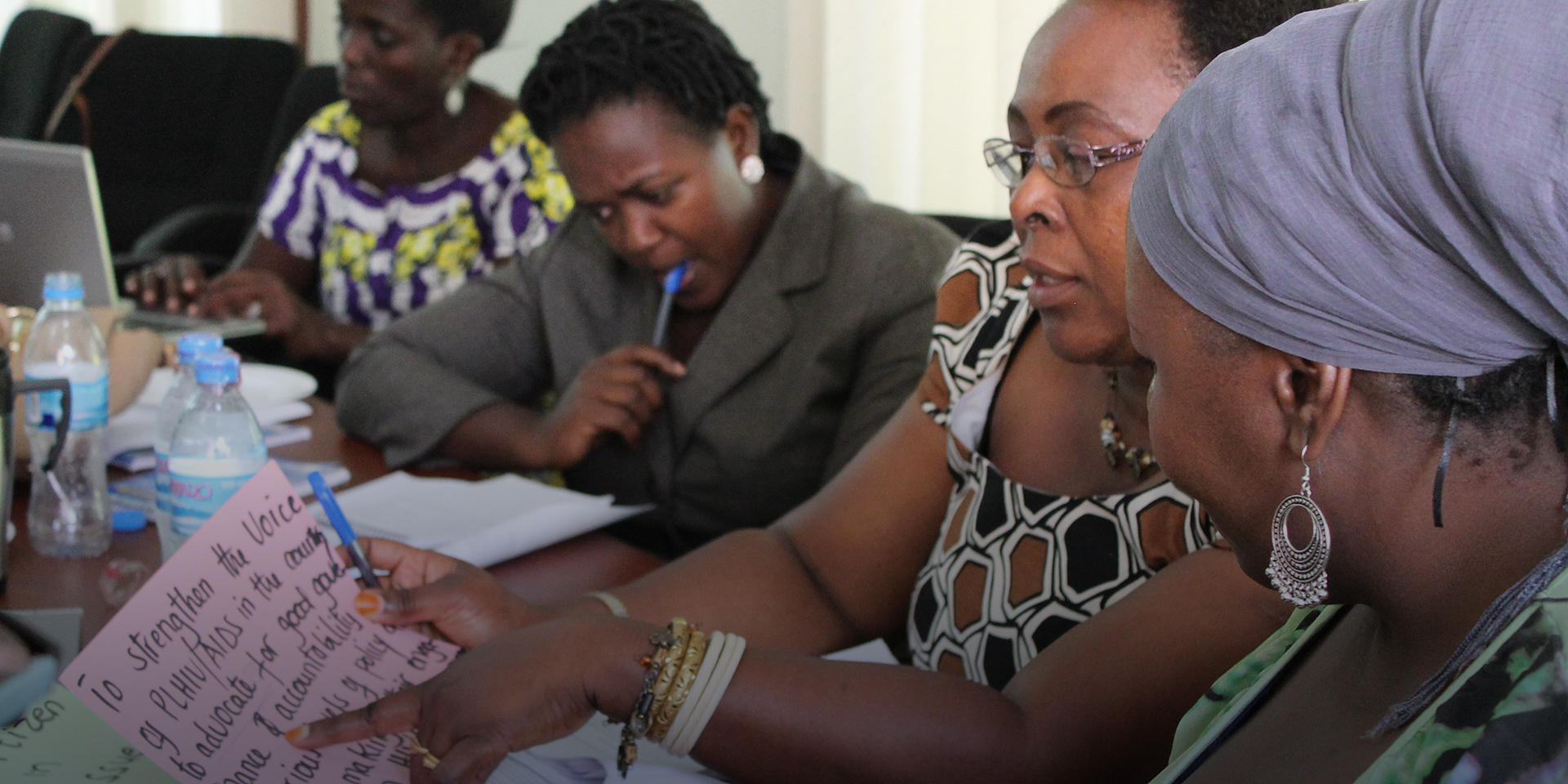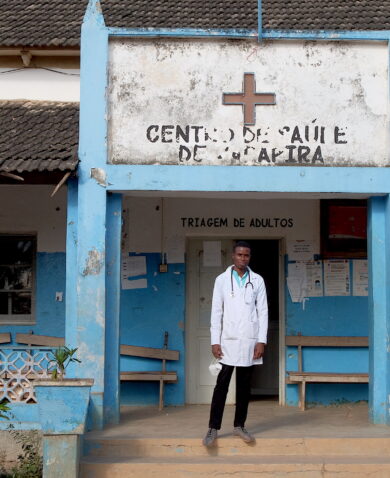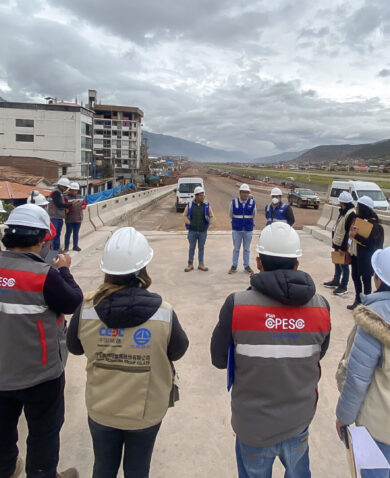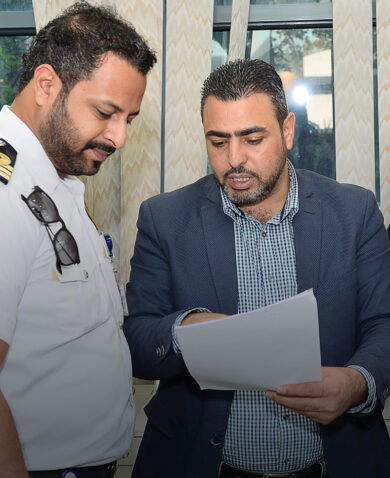
Making Political Will Less of a Mystery
October 6, 2015 | 3 Minute ReadSarah Schimmel explains how to address corruption when political will is lacking.
As the old saying goes, “Where there’s a will, there’s a way.” But in anti-corruption programming, it can be difficult to tell whether there is political will for change in the first place. How can you tell? What should you do if you discover, as is often the case, that there is not much will to address corruption in a developing country?
How to gauge political will
Historically, political will centered on the supply side and focused on the commitment of government to address corruption and enact reforms aimed at reducing corruption and increasing transparency and accountability. Missing from this definition was the demand-side, or the will of actors outside the government, including civil society and the media, to demand reforms and hold public officials accountable. With more governments embracing the principles of the Open Government Partnership (OGP), and with the increasing flow of information, there is a greater recognition that “political will” should include important demand-side actors too.
Examining both the supply- and demand-sides is key to gauging political will for anticorruption. If you fail to account for demand-side, you may miss out on entry-points to create change. Likewise, if you do not engage the supply-side, your programming is unlikely to succeed. The recently launched USAID Practitioner’s Guide for Anti-Corruption Programming provides a set of assessment questions for gauging will, with questions designed to flesh out where there is (or is not) political will on both sides.
What if political will is weak?
If you find that will is weak. is there still a way? How can you facilitate greater political will to address corruption? Overcoming these challenges can be difficult, but approaches outlined below and in the graphic above can be considered based on the initial assessment.
Identifying the primary entry point – whether political leaders who are often appointed or elected, mid-level bureaucrats in line ministries, or outside stakeholders – will deliver the best results. Matching your entry point with the right approach for engagement can help assure programmatic success. For example, if civil society or the media is your primary entry point, incentives like World Trade Organization (WTO) ascension will not work, but posting proposed policies in public forums for commentary as a means of engagement will. As shown in the graphic above, here are some approaches that can be effective at different entry-points:
- Dangle carrots. Using political and economic incentives can often jump-start political will at high levels. The principle of “give to get” could include an end objective of WTO ascension, joining the EuroZone, or increasing a country’s standing on internationally recognized indices, such as Transparency International’s annual Corruption Index, or the World Bank’s Doing Business Index. These types of incentives often result in economic growth and greater political stability, making them attractive to those in power.
- Look at sector-specific programming. Sector-specific programming, in particular in social services sectors, like education and health, are often targeted for facilitating greater political will. This could include working with line ministries, such as a Ministry of Public Health, with the end goal of better service provisions through reduced corruption. Such reforms often lead to greater recognition within national and international forums as change makers and increase citizen satisfaction, leading to social rewards for local and national governments. More importantly, leaders of these ministries can often be change agents for broader government reform.
- Make room at the table for other actors. Bringing civil society and media to the table with government actors creates another opportunity for facilitating political will. Having buy-in from these external actors empowers them to provide oversight, while bringing legitimacy to programming. This approach can be particularly successful in holding OGP countries accountable to their strategic action plans.
- Stay positive. Governments that often lack political will might be more likely to engage in programming that is focused on “good governance” or “accountability,” since the word “anti-corruption” can create a hostile government response. In lieu of this, designing programs around near-synonyms like can soften the aspects of programming designed to address corruption, while creating space for reform within a government counterpart. This approach is often best used in closed or semi-closed spaces.























